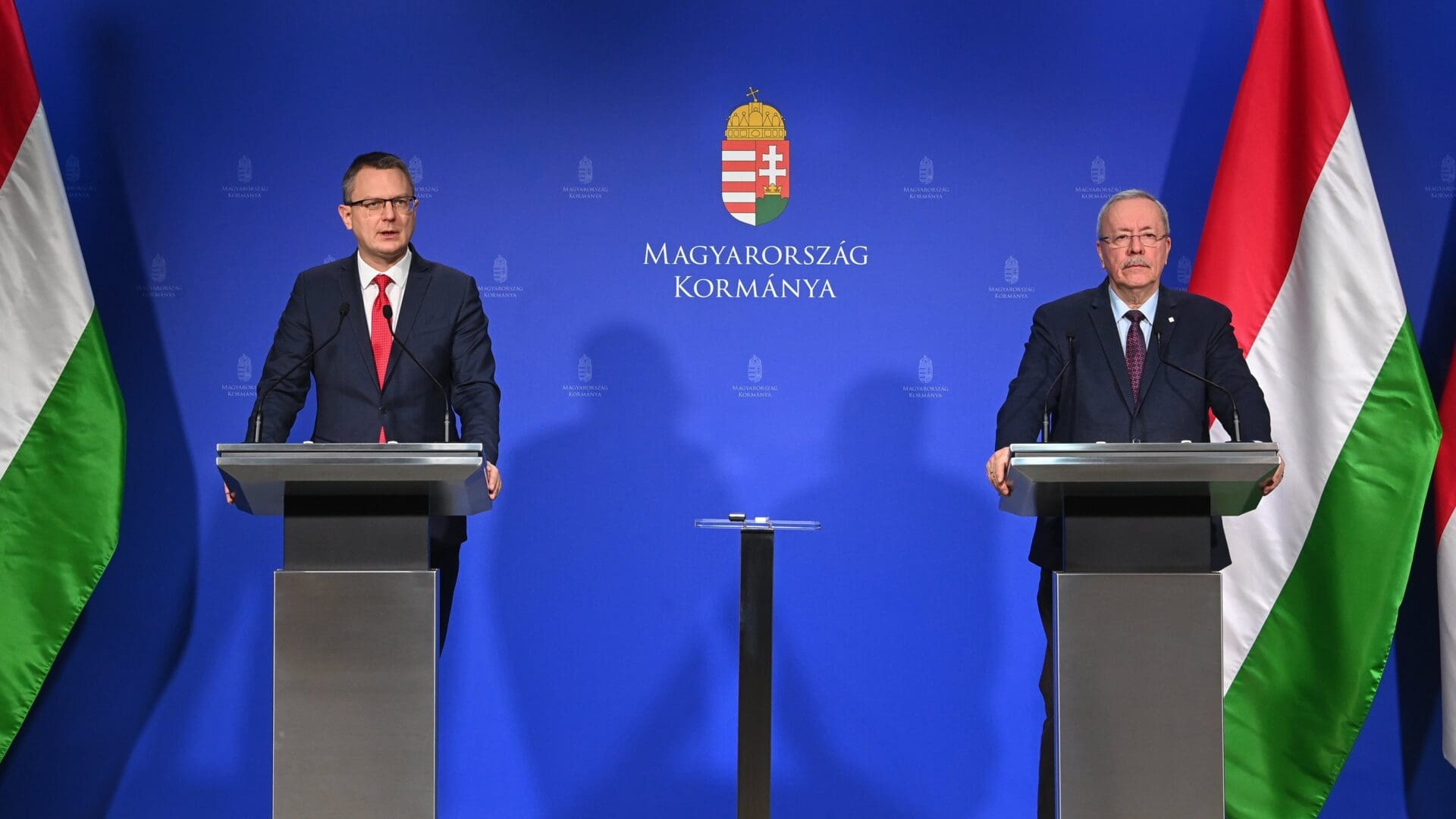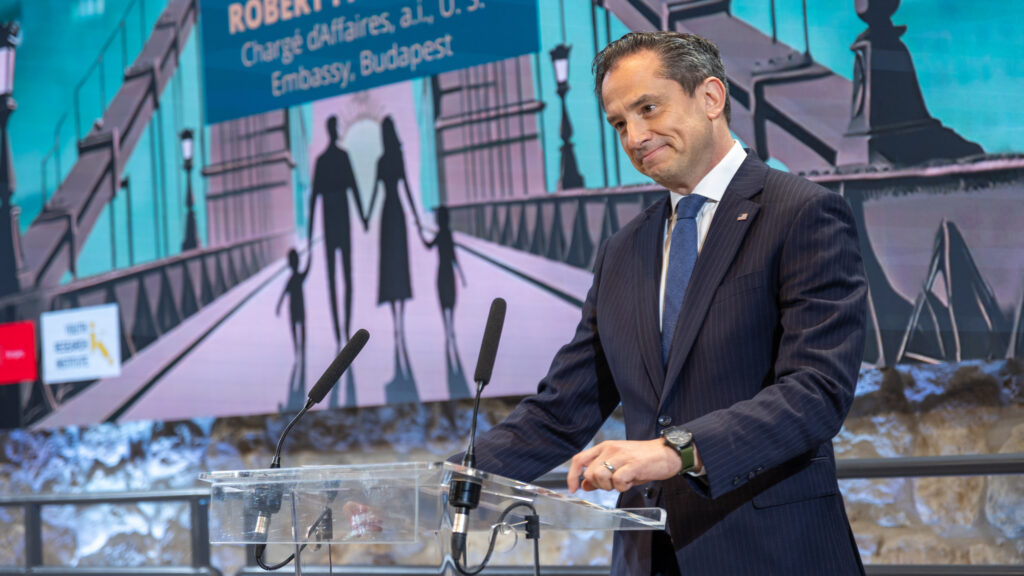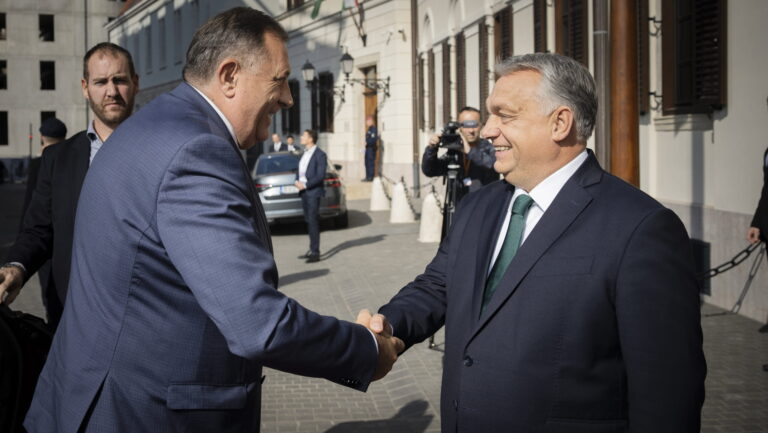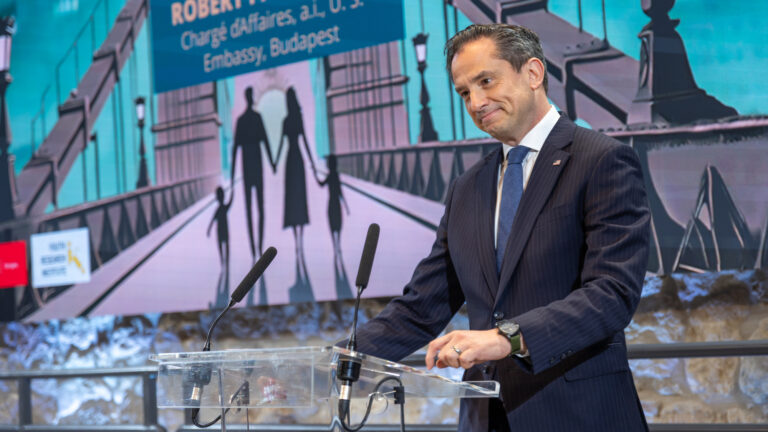‘In some European countries violence erupted on New Year’s Eve as a negative consequence of illegal migration, Meanwhile in Brussels, in the final days of the year, the migration pact was forced through, which would make the enforcement of quotas automatic,’ the State Secretary of the Ministry of Interior said at a press conference in Budapest on Wednesday, 10 January.
Bence Rétvári declared that
the ‘Brussels bureaucrats’ fear that anti-migration forces will advance in the European Parliament elections.
Therefore, ‘in a panic,’ they resurrected previous migration-friendly proposals, and got them approved through ‘accelerated decision-making,’ and by violating procedural rules.
The mandated distribution of illegal migrants according to quotas is a ‘migrant magnet,’ the State Secretary emphasized. In a ‘crisis situation,’ which is a vague concept, a ‘second quota’ would come into effect, and under penalty, there would be no way to escape taking in migrants; it would be mandatory, he added.
‘They want to create “migrant ghettos” in Hungary as well; we would have to admit illegal migrants in large numbers,’ Rétvári stated. He emphasized that Hungary rejects the migration pact and all its elements individually. The State Secretary announced that on New Year’s Eve, there were street riots in Sweden, the Netherlands, Germany, and Belgium; cars were set on fire, and migrants attacked the police. However, Hungary enjoys peace and security, and such events do not occur here, he emphasized.
Rétvári also pointed out that illegal migrants often act aggressively on Hungary’s borders.
Last year, there were 18 attacks on border guards, 125 on their vehicles, and 44 instances of damaging the border fence. The State Secretary went on to mention that at the end of the year, the Hungarian Parliament passed an amendment to the law related to police conduct, introducing the institution of ‘warning shots.’ Thus, if the use of other coercive measures does not yield results, adhering to the principle of graduality, there is a new coercive measure to ensure that the police can protect themselves and the country’s legal order, Rétvári explained.
György Bakondi, the Prime Minister’s Chief Security Advisor, stated that, according to the aggregated data of Frontex, 355,300 people entered Europe illegally last year, This is the highest it’s been since 2016, showing a 17 per cent increase compared to the previous year. Meanwhile, 80 per cent of deportations were unsuccessful, several severe terrorist attacks occurred in Western Europe, public safety is deteriorating, while anti-Semitism is increasing, he detailed.
He asserted that the migration pact is unacceptable for the Hungarian government; Hungary’s position remains that asylum applications should be submitted at the EU’s borders, and applicants should remain there until the processing is done.
György Bakondi explained that the three main migration routes leading to Europe—the Spanish, Italian, and Balkan routes—show significant activity and an increasing trend. The mass immigration could not be stopped; and civil organizations that transport immigrants across the sea are still active off the shores of Italy, he added. He also highlighted that last year, Schengen countries reintroduced border controls one after another, causing economic damage in Europe.
In Hungary, there were 173,298 attempted illegal border crossers caught last year, and over a thousand human smugglers were apprehended.
The majority of migrants are Syrians, Afghans, Turks, Indians, and Pakistanis; while human smugglers tend to be Romanians, Ukrainians, Serbs, and Moldovans, the Chief Advisor explained. The Hungarian police will do everything to preserve the country’s internal security, Bakondi stressed.
Related articles:








